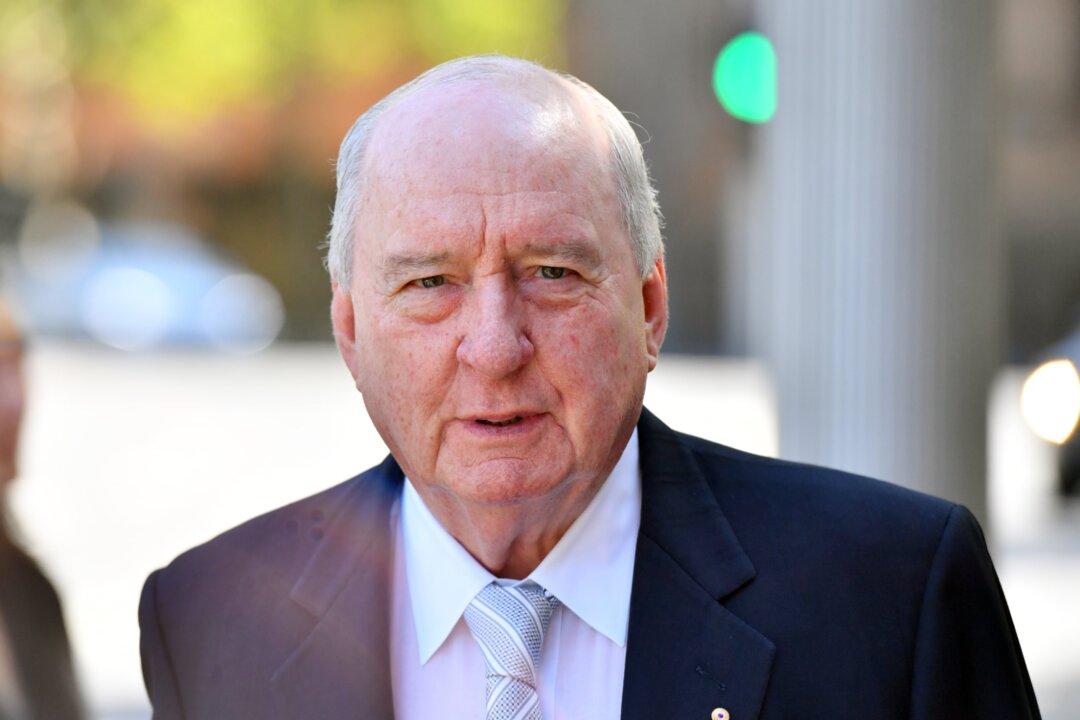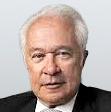Commentary
With his third farewell in less than three years to his large audience, Alan Jones’ enemies are as premature in their rejoicing as they have been in the past.


With his third farewell in less than three years to his large audience, Alan Jones’ enemies are as premature in their rejoicing as they have been in the past.